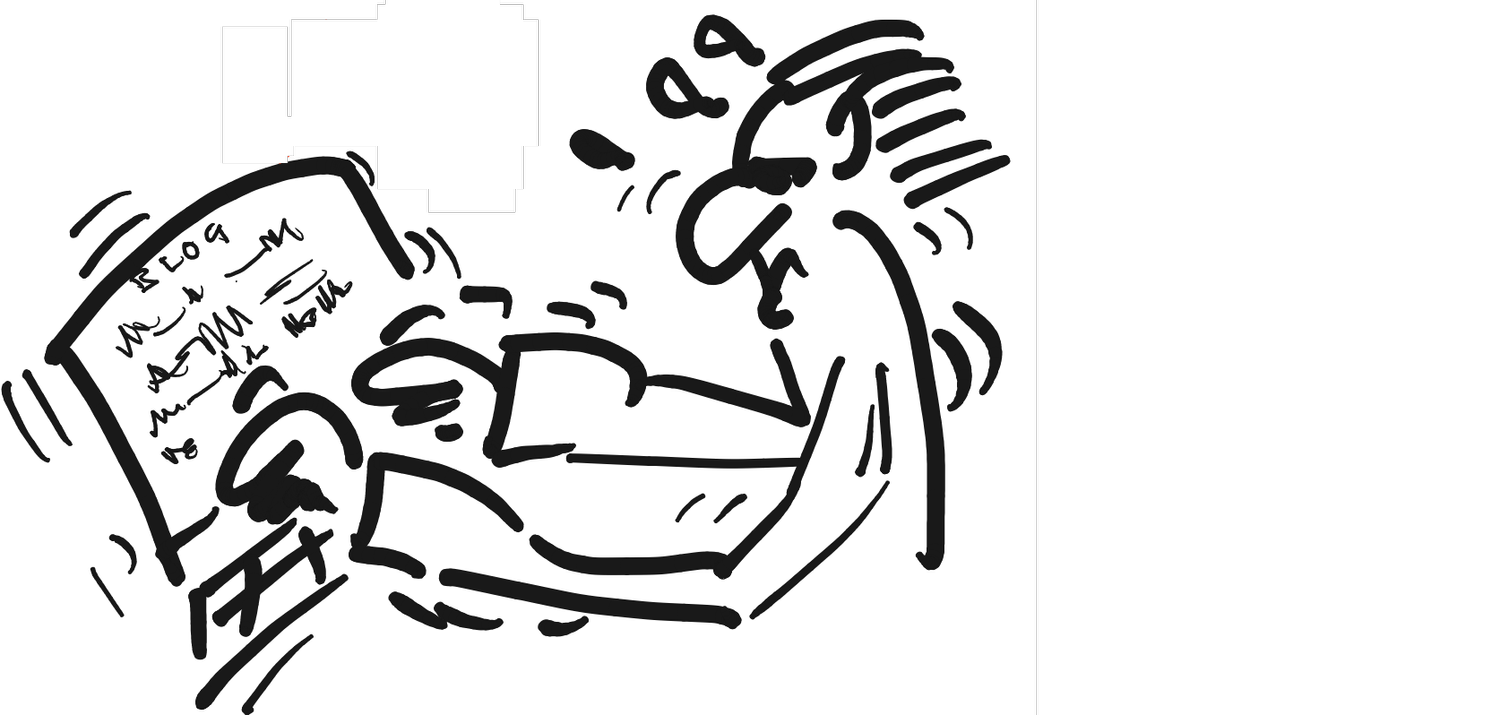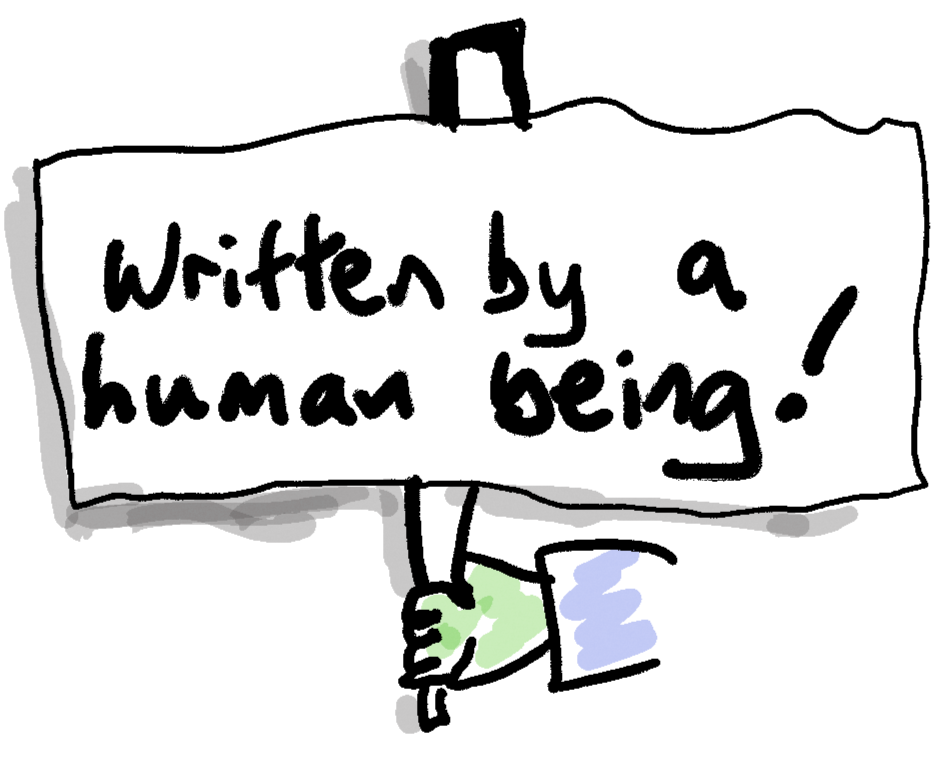This book isn’t about writing, but I thought you might be interested in comparing the review I sent in to Teach Secondary magazine, and the published edited version.
Nuts and Bolts: How Tiny Inventions Make Our World Work
(Roma Agrawal, Hodder, £12.99)
It's rather disconcerting when one considers that buildings like The Shard are essentially held together by nuts, bolts and washers. In Nuts and Bolts, Agrawal explores how seven seemingly humble technologies - the nail, wheel, spring, magnet, lens, string and pump - have not only contributed hugely to our built environment, but also facilitated important advances in clothing, entertainment and economics.
From the title and that description, you could be forgiven for expecting a dry treatment of the subject matter, but Agrawal's easy, non-patronising prose (the technical explanations are illuminating, without being daunting) and her emphasis on personal perspectives makes for a - pardon the pun - riveting read.
As an engineer who worked on the design of The Shard, Agrawal's insights could well inspire your students, especially girls, to consider careers in science and engineering.
Highly recommended.
This book was first reviewed in Teach Secondary magazine.
That published review was slightly different from the one I submitted. Here’s my original version.
My original review
It’s rather disconcerting to discover that buildings like the Shard are basically held together by nuts, bolts and washers. In fact, the author explores how seven apparently humble technologies – the nail, wheel, spring, magnet, lens, string and pump – have contributed to not only the built environment but also clothing, entertainment and economic and cultural progress.
This is a book which one would think would be as dry as the title sounds. However, with an easy but non-patronising writing style, and many personal perspectives, Agrawal manages to make it – pardon the pun – riveting. She is also an engineer who worked on the design of the Shard, which makes this a great book for inspiring youngsters, especially girls, to consider a career in science or engineering.
The explanations are technical enough to be convincing, but not so abstruse as to be daunting. The illustrations are helpful as well.
Highly recommended.





